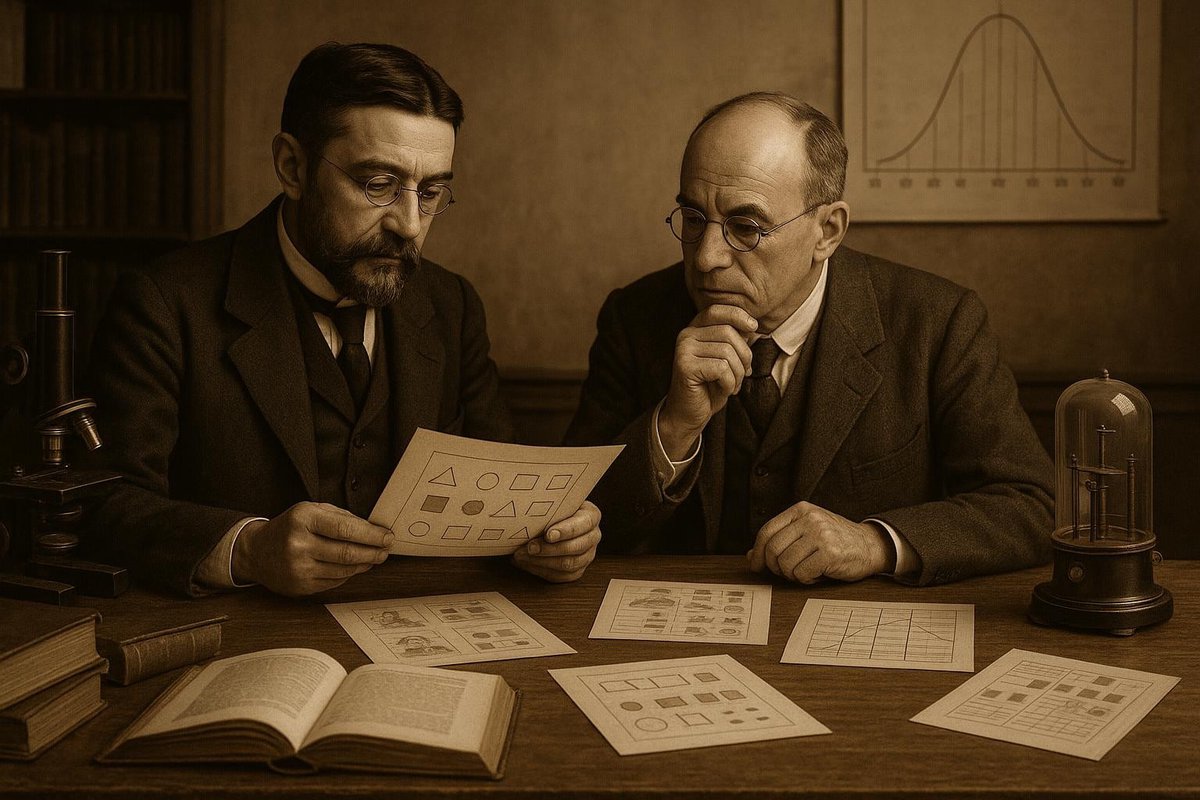
Unpacking the Question: What Are IQ Tests Really Measuring?
When someone mentions IQ tests, the first question that often comes to mind is: Are they truly measuring intelligence? You’d be surprised to find out it’s not as straightforward as we’ve been led to believe. IQ tests were initially developed in the early 20th century, a time when the scientific community was grappling to quantify cognitive abilities. Alfred Binet, a French psychologist, introduced the concept not to label individuals but to identify students who needed educational assistance.
- Interestingly, Binet himself cautioned against using his test as a fixed measure of intelligence.
- He believed intelligence was too complex and fluid to be captured entirely by a single number.
Despite Binet’s warnings, the tests caught on in ways that Binet probably never intended. With time, the IQ test transformed into a global phenomenon, often misused as a definitive gauge of intellectual capacity rather than a tool for educational development.
Surprising Facts About IQ Tests and Their Consequences
Contrary to popular belief, IQ tests have long been the subject of controversy. Why has this been the case? IQ tests have not only been used as tools for educational placement but also for more dubious purposes, such as justifying social hierarchies. In the 1920s, the United States adopted IQ tests for army recruits during World War I, sparking debates about their fairness and accuracy.
- Critics argued that cultural and socioeconomic biases undermined the tests’ validity.
- Their use extended to support eugenics policies, aiming to improve societal ‘intelligence.’
The ripple effects were profound, influencing immigration laws and education systems around the world. As time went on, the IQ test’s role in society became more entrenched, despite its controversial origins and the ethical questions it raised.
What Science Says: Debating the Validity of IQ Tests
Many scientists argue that IQ tests fail to capture the multidimensionality of intelligence. There’s a growing consensus that intelligence is not a monolithic entity but a tapestry of various cognitive abilities. Even Howard Gardner’s theory of multiple intelligences suggests that traditional IQ tests overlook other crucial skill sets.
- For instance, emotional intelligence and creative thinking are often sidelined in IQ testing.
- Furthermore, the tests tend to focus on analytical skills, primarily benefiting a specific subset of the population.
These criticisms invite us to reconsider how we assess intelligence in diverse contexts. As our understanding of the human mind evolves, so does our approach to evaluating cognitive abilities. The debate over IQ tests continues, challenging us to refine our tools and expand our perspectives.
What It Means for Us: The Broader Implications
So, what does all of this mean for us today? The legacy of IQ tests offers a powerful lesson about the fallibility of scientific systems. It reminds us that even widely accepted tools can have limitations and consequences that extend beyond their intended purpose. By questioning the validity and ethical implications of such assessments, we open the door to more inclusive and comprehensive ways of understanding intelligence.
- The history of IQ tests encourages us to scrutinize other scientific claims with a critical eye.
- It serves as a cautionary tale about the unintended societal impacts of measurement tools.
As we move forward, it’s essential to remain skeptical, embrace complexity, and encourage dialogue. Rethinking IQ tests is not just about reassessing intelligence but also about learning to respect the diversity of human capabilities.
Fuel Someone Else’s Curiosity
Have these insights stirred your curiosity? Share this article and spark a conversation about what intelligence really means. By engaging others in this dialogue, we can challenge assumptions and inspire a deeper understanding of human potential. After all, the more we question, the more we learn.

Leave a Reply